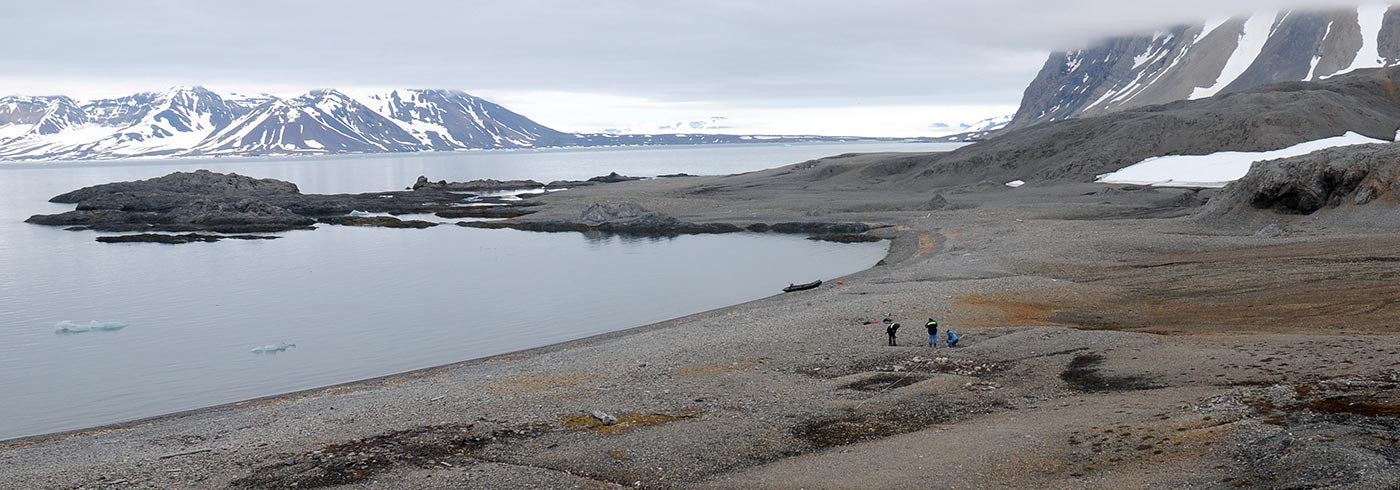Our next and final site was Polhem, built under the leadership of the Swedish scientist-explorer AE Nordensköld in 1872.
Our final day at the Sorgfjorden station site
17 July 2017 | Dag Avango, Lize-Marie van der Watt, Camilla Winqvist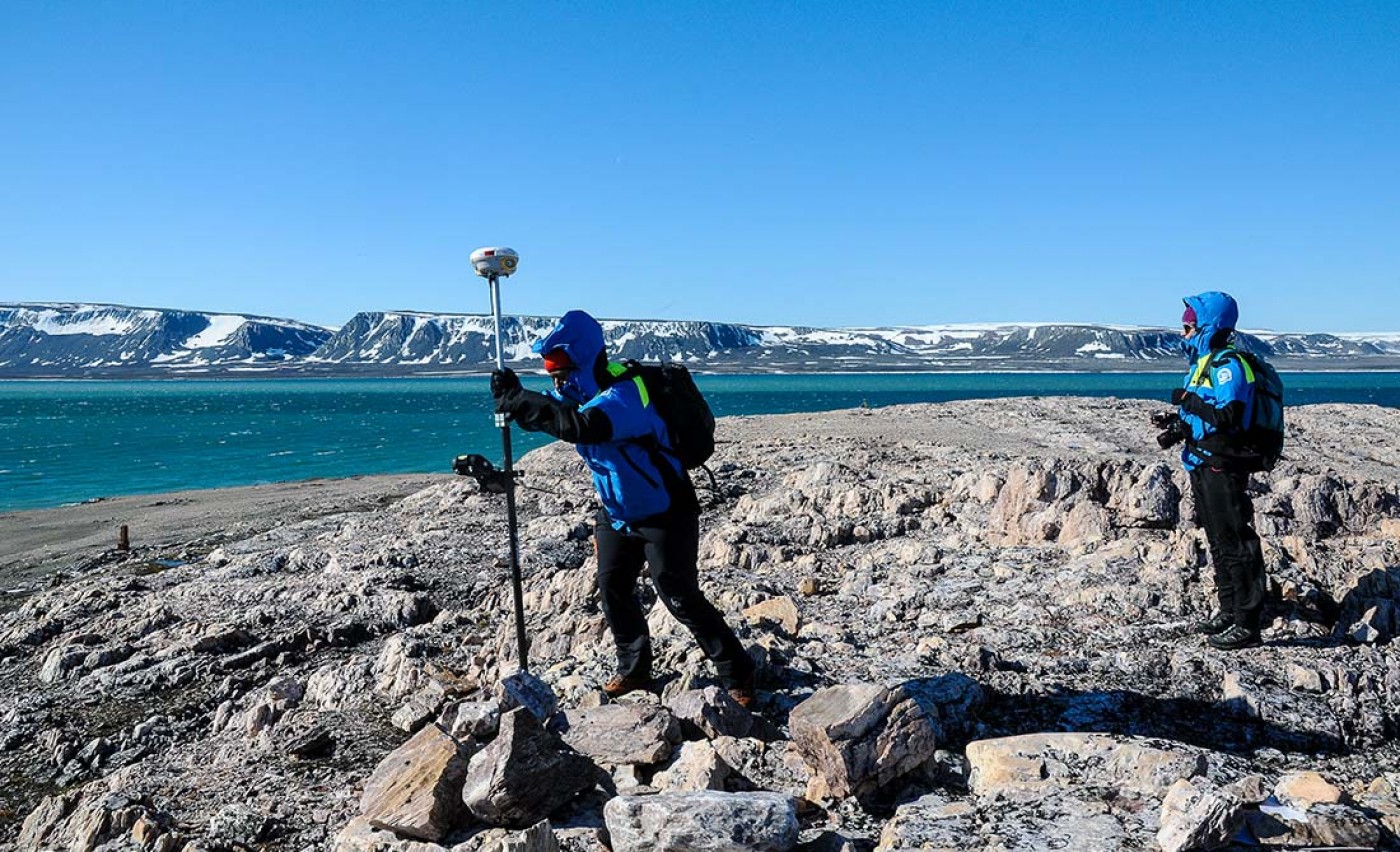
This Monday was our final day at the Sorgfjorden station site and therefore a day to finish up with all remaining documentation tasks there.
Working extra hard
16 July 2017 | Dag Avango, Camilla Winqvist, Lize-Marie van der Watt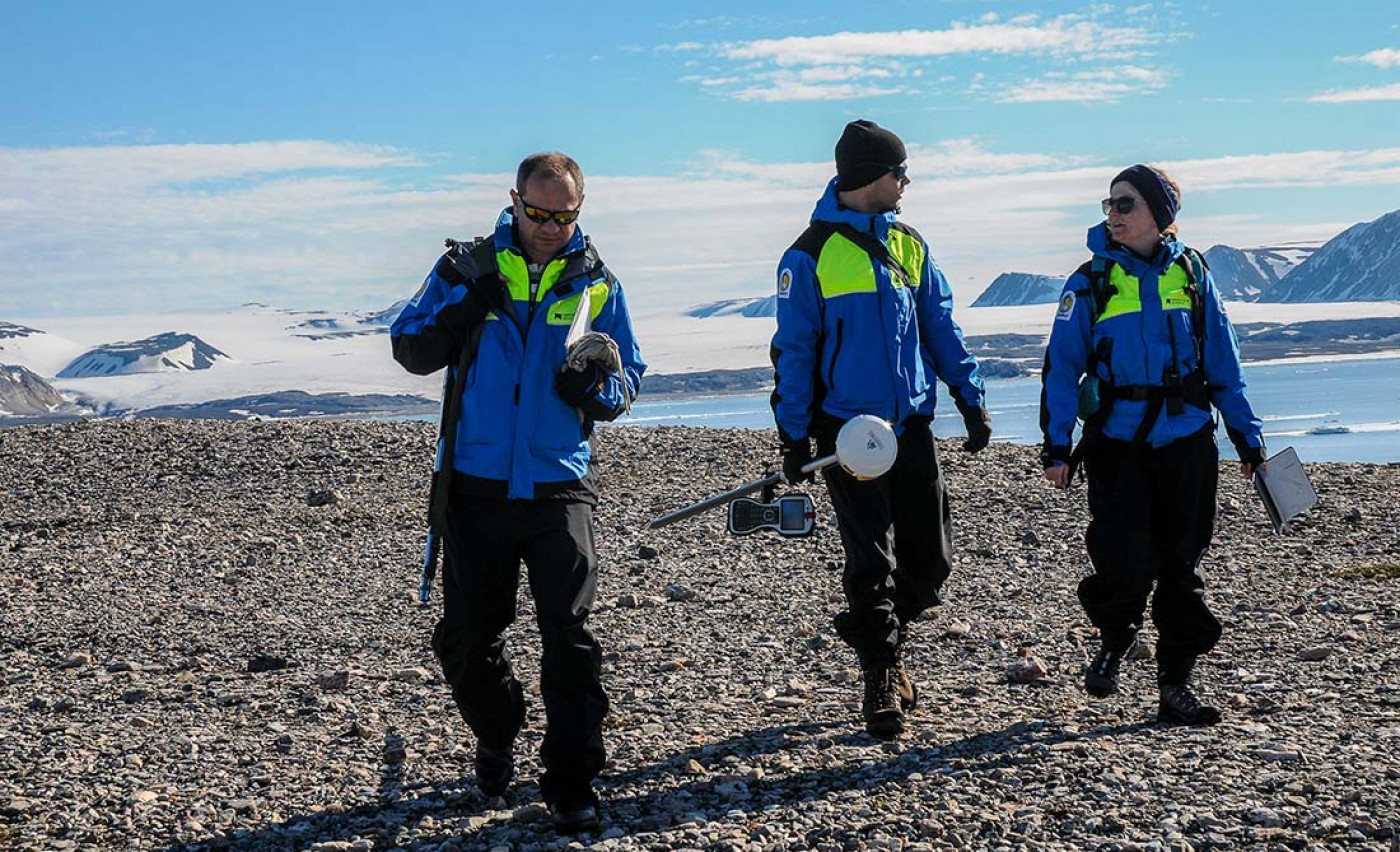
Finally, the sun popped out and the Saturday turned into one of the best days of the entire expedition in terms of weather.
Deteriorating weather conditions
14 July 2017 | Dag Avango, Lize-Marie van der Watt, Camilla Winqvist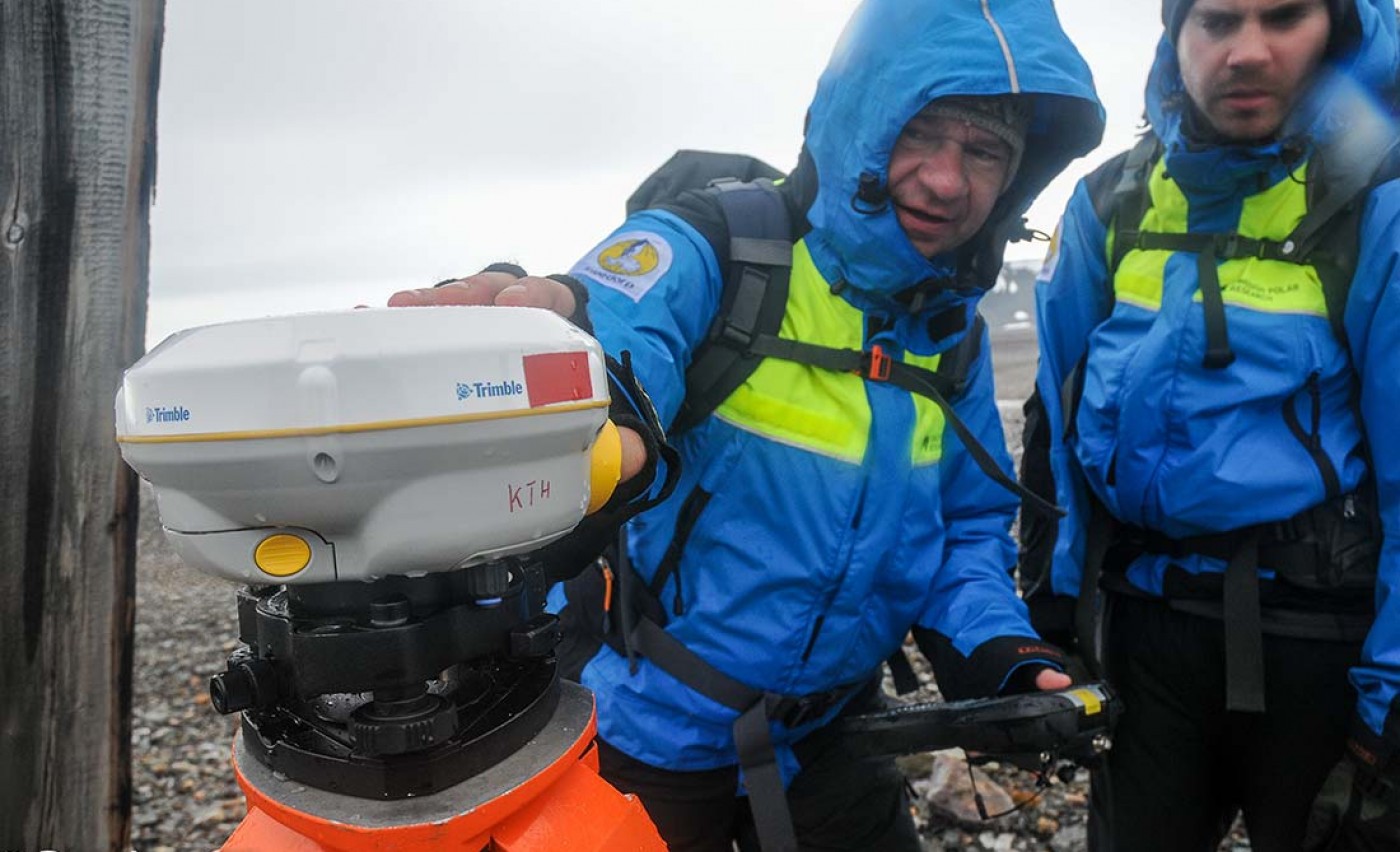
Our first full workday consisted of us working in three teams – one team doing qualitative descriptions of the features, and one team doing measurements with a total station and photo descriptions.
Our first research task
11 July 2017 | Dag Avango, Lize-Marie van der Watt, Camilla Winqvist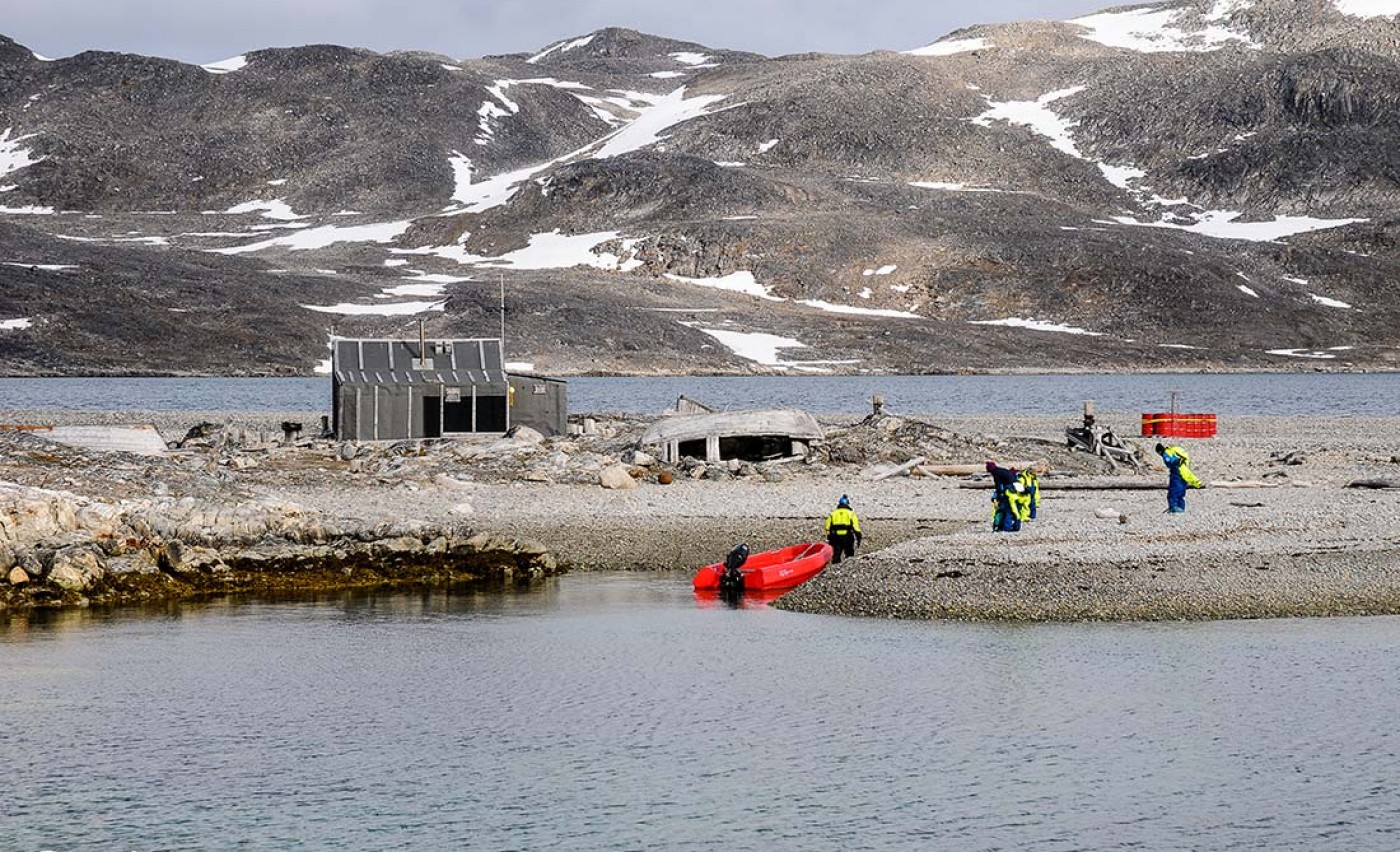
In the morning hours it was time for our first research task – to survey a site called Bjørnhamna, consisting of a former claim- and hunters hut on a cape at the northwestern corner of Spitsbergen.
Challenging ice conditions
10 July 2017 | Dag Avango, Lize-Marie van der Watt, Camilla Winqvist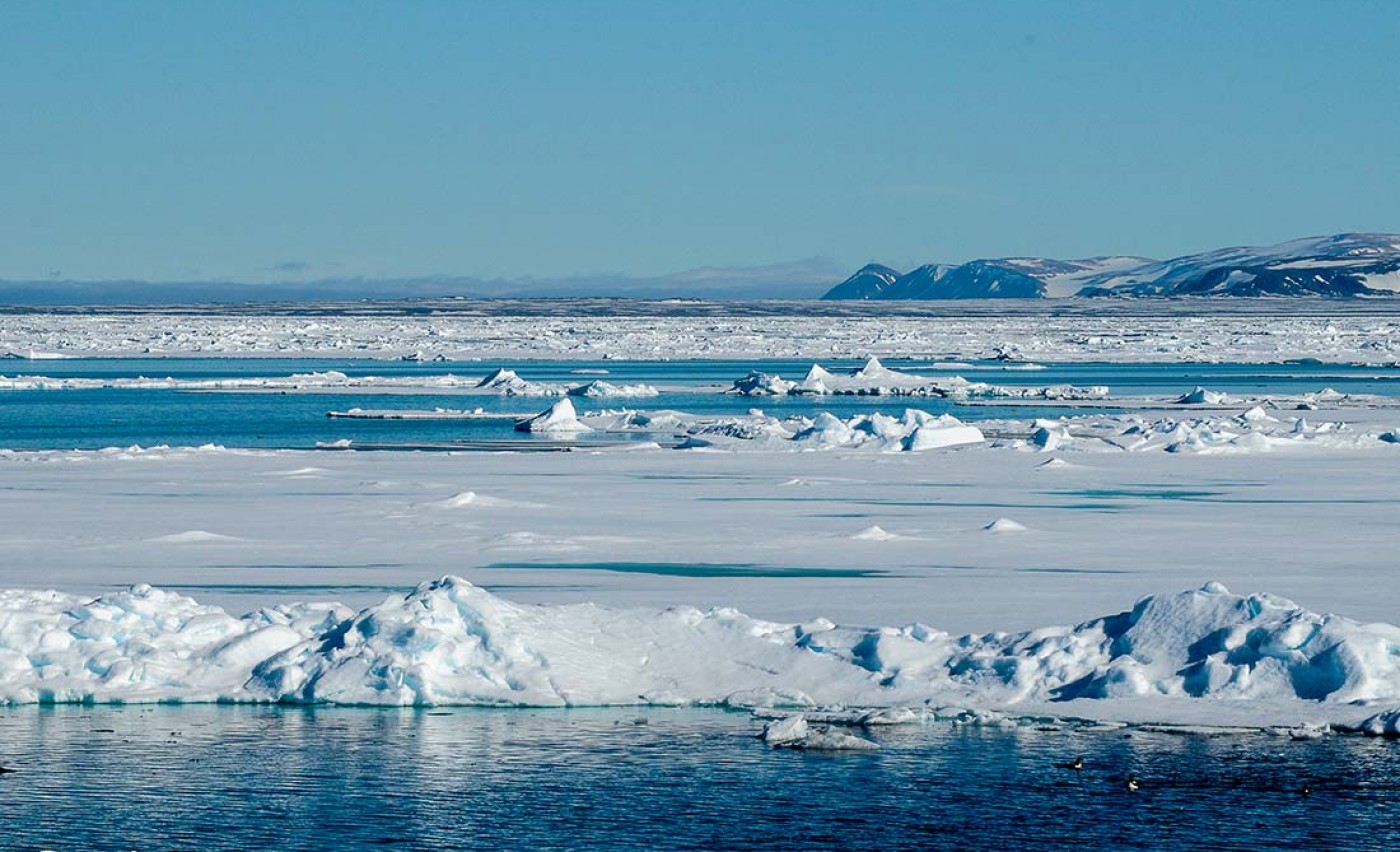
Most of the expedition team arrived in Longyearbyen on Saturday 8 July and met for dinner. Our discussion over the dinner table was not the most encouraging talk to have at the beginning of an expedition.
The expedition leaves Longyearbyen
10 July 2017 | Dag AvangoThe Sorgfjorden expedition leaves port of Longyearbyen in excellent weather and with high expectations!
Till Sorgfjorden för att göra om delar av gradmätningsexpeditionen 100 år senare
4 July 2017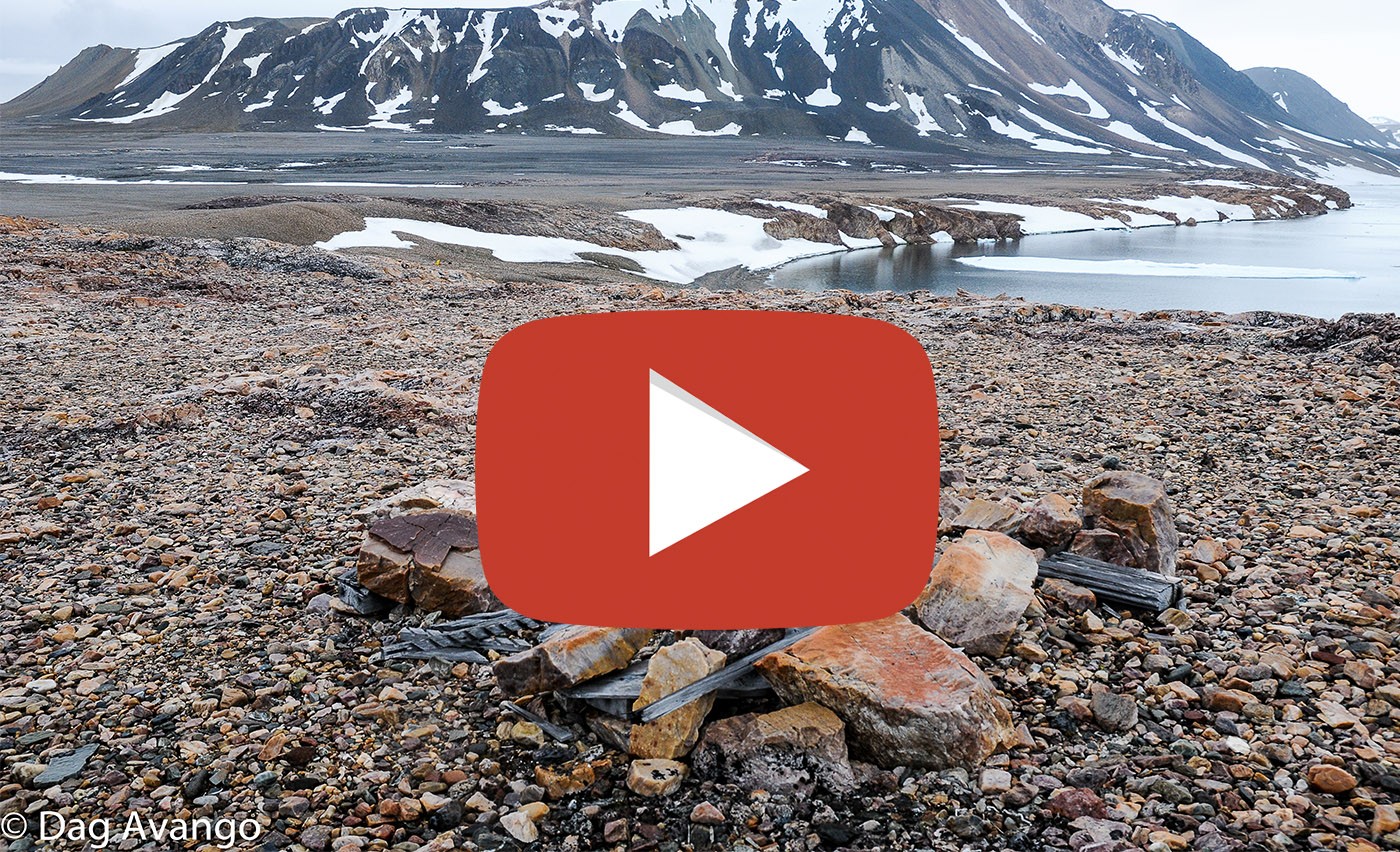
1899–1902 ägde den svensk-ryska gradmätningsexpeditionen rum vid Sorgfjorden på Svalbard. Nu, mer än 100 år senare, ska svenska forskare tillbaka för att se vad som finns kvar och göra om mätningarna.
Developing methods for archeological field research
7 June 2017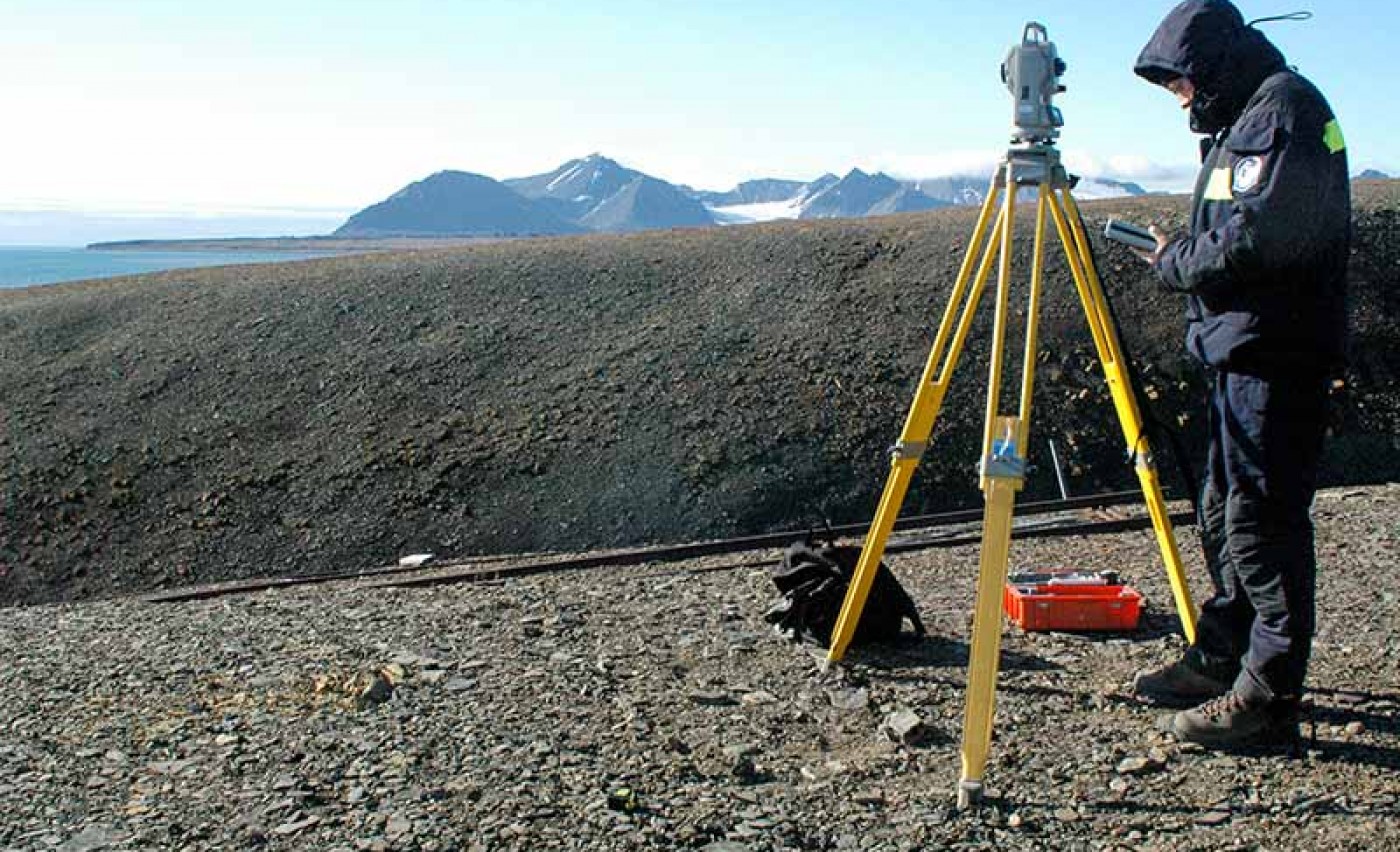
This summer researchers will work at Sorgfjorden, Svalbard, to develop methods of archaeological field research in the polar regions.

